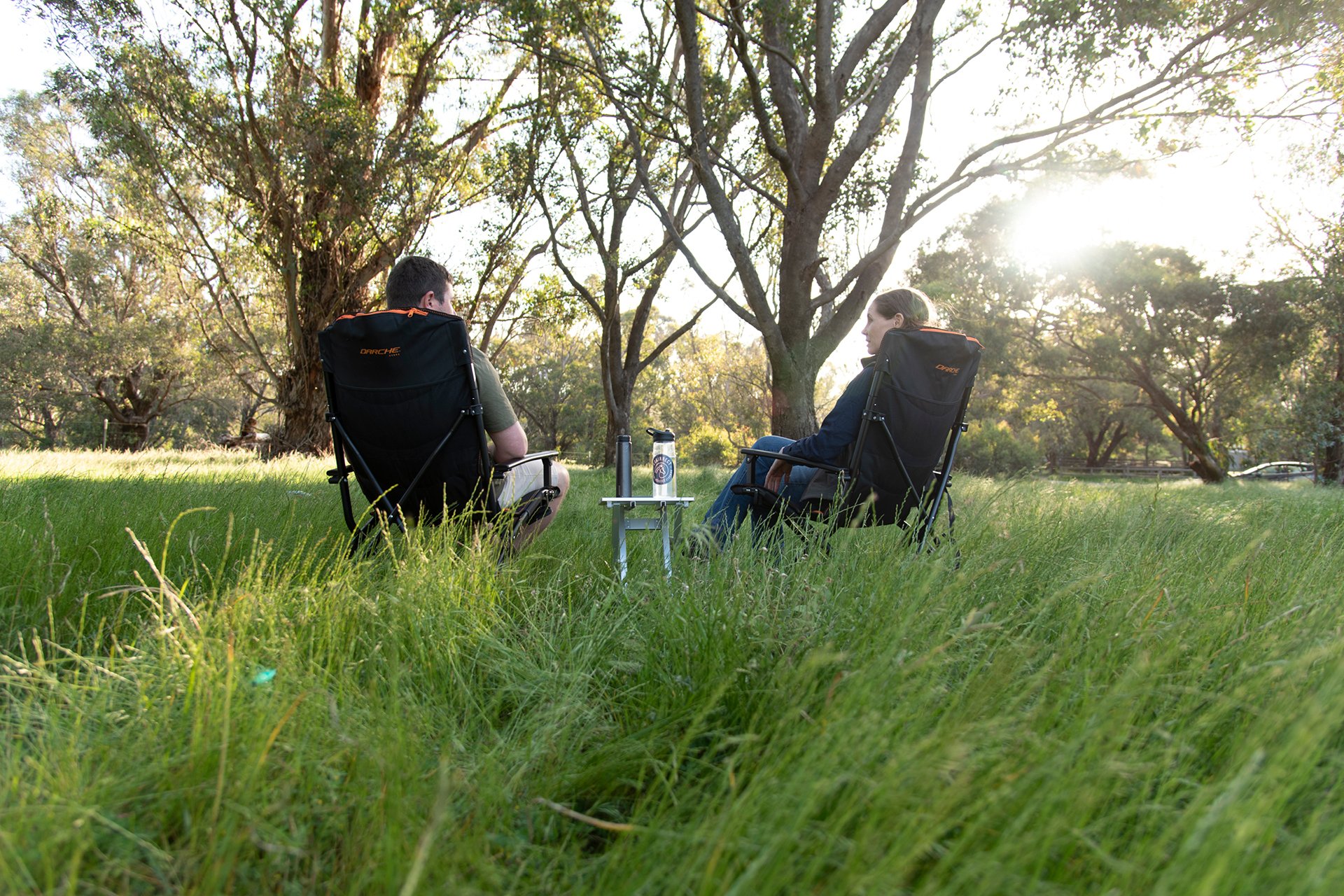
Counselling in Nature
Nature-based counselling, also called eco-counselling, is a therapeutic approach that integrates natural environments into the counselling process to enhance mental and emotional well-being. This method leverages nature's healing and restorative properties to support various aspects of mental health, such as reducing stress, improving mood, and increasing overall psychological resilience.
Nature-based counselling can involve various activities, including outdoor sessions, nature walks, and incorporating natural elements into the therapeutic environment, including horses.
Counselling in Nature sessions are for those of us who seek counselling and would like to integrate nature's benefits into our mental health and well-being.
Equinnect Nature-Based Counselling sessions use the natural environment as a context for reflection and discussion, facilitating a deeper connection between you and your surroundings. The presence of nature is believed to foster a sense of calm, increase self-awareness, and encourage emotional expression (Jordan et al., 2016).
We offer the choice to sit in a comfy camp chair or to ‘walk and talk’ (or both) in your sessions.
Equinnect Nature-based Counselling with a horse is another option offered by Equinnect. This form of counselling is conducted in a natural setting that integrates therapeutic interventions with a horse. This collaborative approach supports individuals in addressing mental, emotional, and physical health challenges (Smith et al., 2020).
These sessions are therapeutic rather than educational, the latter being EAL, and can involve grooming, groundwork, and leadership exercises. Interacting with horses can provide several benefits, including:
Emotional Expression and Regulation
Horses offer a non-judgmental presence, creating a safe space for individuals to explore and manage difficult emotions (Brown & Taylor, 2018).Stress Reduction
Spending time with horses in nature fosters relaxation and the release of endorphins, promoting overall well-being (Jones, 2019).Self-Awareness Development
Horses respond to nonverbal cues and emotional states, encouraging individuals to gain deeper insights into their behaviours and feelings (Anderson, 2021)..Enhanced Interpersonal Skills
Through activities with horses, individuals can build problem-solving abilities, strengthen self-esteem, and improve their relationships with others (Taylor et al., 2020).
Walk and talk therapy offers several benefits to traditional office therapy, blending physical movement with therapeutic conversation.
Some key advantages include:
Improved Mental Clarity.
Walking in nature or a peaceful environment can enhance focus and promote clearer thinking, helping clients process emotions and thoughts more effectively (Frontiers in Psychology, 2021).
Stress Reduction.
Walking, combined with exposure to natural surroundings, can reduce anxiety and stress, fostering a more relaxed and open dialogue (Browning & Lee, 2022).
Physical Activity.
Gentle exercise boosts mood-enhancing endorphins, which can complement the therapeutic process (American Psychological Association, 2021).
Less Intimidating Environment.
Walking side by side can feel less formal than sitting face-to-face, which may help clients feel more comfortable and open up (Journal of Holistic Psychology, 2020).
Mind-Body Connection.
Physical movement can help clients feel more grounded, supporting the integration of mind and body in the healing process (British Journal of Sports Medicine, 2022)..
Walk and talk therapy provides a dynamic, holistic approach to counselling, combining the benefits of physical and emotional well-being.
The approach can help you develop a greater appreciation for the natural world and its impact on your well-being. We learn or become more aware of its many psychological resources, and facilitate the natural world (or being near nature) to become part of our routine self-care and nurturing toolkit for sustaining health and well-being. (Gergen et al., 2017).
References
American Psychological Association (2021). Physical exercise and mental health, available at: https://www.apa.org.
Anderson, R. (2021),.'The role of nonverbal communication in equine-assisted therapy: A practitioner’s guide', Journal of Equine Therapy, 15(3), pp. 45–60.
British Journal of Sports Medicine (2022). The role of physical activity in fostering emotional well-being, available at: https://bjsm.bmj.com
Brown, L. and Taylor, J. (2018). 'Exploring emotional regulation through equine-assisted interventions', Clinical Psychology Review, 25(2), pp. 89–102.
Browning, M. and Lee, K. (2022). 'The impact of nature exposure on anxiety and stress', Environmental Research, vol. 203, p. 111798.
Frontiers in Psychology (2021). The effects of walking in natural environments on cognitive function and stress reduction, available at: https://www.frontiersin.org
Journal of Holistic Psychology (2020). The benefits of walk and talk therapy for fostering openness and relaxation, available at: https://www.jhp.org
Jones, P. (2019). 'Stress reduction and physiological benefits of interacting with horses in natural settings', Journal of Animal-Assisted Therapy, 12(1) pp. 23–38.
Smith, A., White, D. and Carter, T. (2020). 'Equine-assisted therapy: A comprehensive overview of applications and outcomes', International Journal of Counselling and Therapy, 30(4), pp. 112–128.
Taylor, J., Brown, L. and Adams, K. (2020). 'Building interpersonal skills and self-esteem through equine-assisted learning', Journal of Experiential Therapies, 18(5), pp. 67–82.
What’s involved?
Find out how an Equinnect Counselling in Nature session works. Let us know if you want a horse to co-facilitate your counselling sessions.








